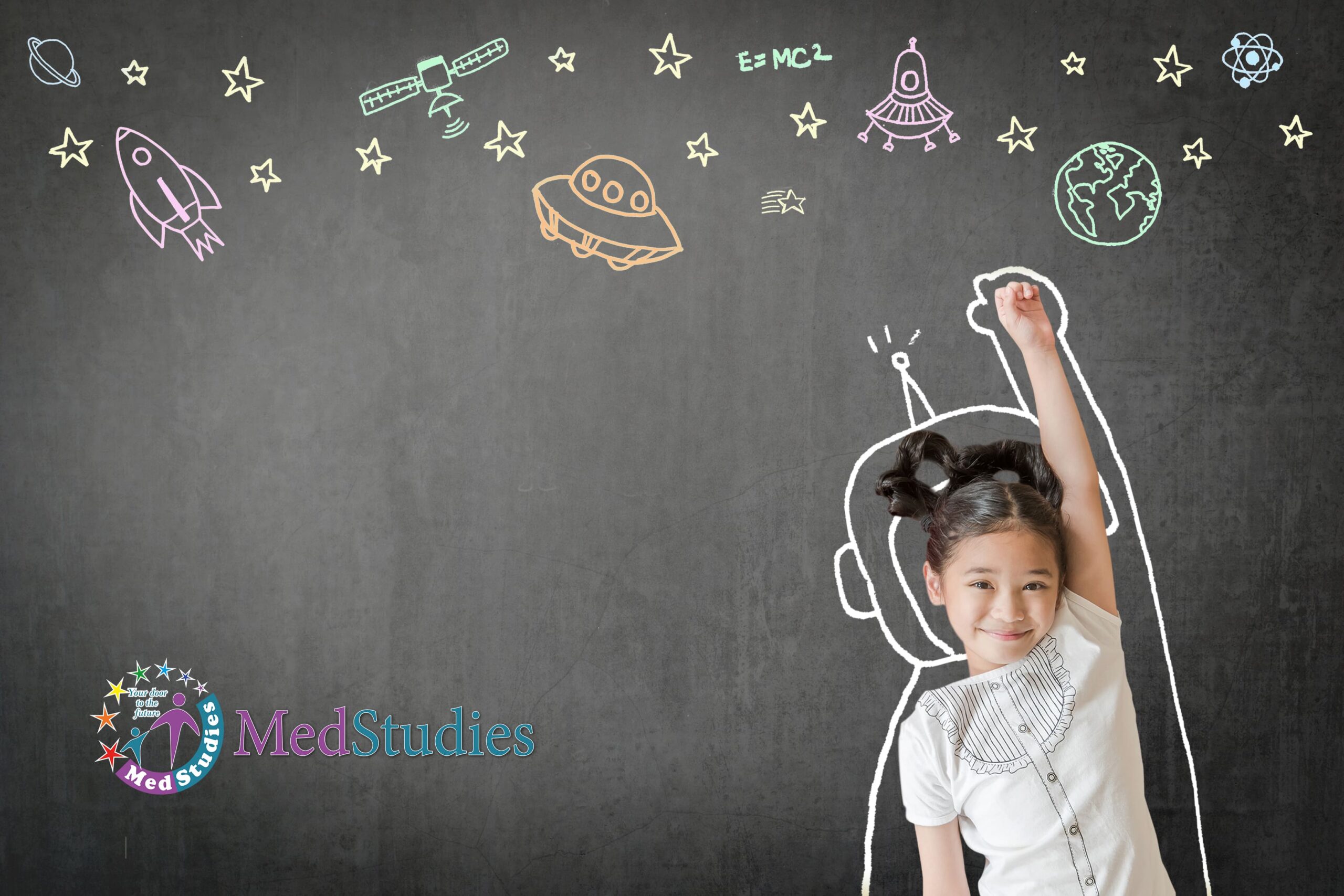
Neural Education: Effective Learning & Significance
Neuro Science is the scientific study of the nervous system, including neuroanatomy, neurobiology, neurochemistry, neurophysiology, and neuropharmacology and its applications in psychology, psychiatry, and neurology.
Neural Education offers a deeper understanding of the brain’s amazing capacity. It is a learning method that is aligned with the way in which your brain processes information. It optimises your learning experience by creating a positive mood through self-directed learning, facilitates your brain to embed new learning in existing knowledge, and enhances information recall speed for “Long Term Potentiation”.
What are the highlights of Neural Education?
Neural Education aims to activate all parts of the brain and tries to understand a child’s maximum potential. When a child’s learning style is understood, Neural Education ignites their curiosity and facilitates learning. Neural Education can bring out the best in the child by imbibing self-discipline and self-direction which in turn helps to nurture them to be future leaders.
THE HIGHLIGHTS OF NEURAL EDUCATION ARE:
- It can help transition from Teacher-centric to “Self-Directed” style of learning
- It helps recognise and bring out the hidden talents in children
- It reduces pressure on young minds and helps to create a happy environment at school
- It helps logic building and to learn with trial and error.
- It helps children to learn the skills that are critical for their success in life
How can Neural Education make learning effective?
In recent times the subject of neuroscience and how it can facilitate lifelong learning has led to breakthroughs in the education world. Teachers, parents and children have opportunities to approach and understand learning in different ways.
Here are 7 ways Neural Education can make learning effective and impactful:
Better Understanding of Childhood Development
A more in-depth insight of child development studies for proprietary and primary teachers can play a significant role in later success of the student. It is important to understand what motivates students to learn.
Adapting Classes to Facilitate Learning
Many schools are already changing their programs and routines to benefit student progress. Research has shown as little as 30 minutes more sleep can vastly improve cognitive function and alertness in class.
Spacing Learning for Optimal Absorption
Students should be allowed to choose from a diverse course guide and should be able to space lessons over time. The spacing effect basically says that learning complicated ideas over time, instead of all at once, enhances understanding and the creation of new neurons. Teachers can divert to this knowledge in curriculum development and improvement.
Cognitive Tutoring
The use of cognitive tutoring in students who struggle with subjects like mathematics is a big development for teachers. It is seen that around 20% of individuals sometimes struggle with mathematical problems. Neural Education can help improve the way such subjects are processed and understood by students.
Targeting Rewarding Learning Styles
Students often need revision and varied approaches to get the most out of what they are being taught. This includes games, group activities, physical lessons and unconscious learning. Different teaching styles and students breaks can improve their performance.
Incorporation of Social Activities
The incorporation and focus on social activities and the opportunity to forge connections in the classroom can help to learn. This is a small activity that teachers can use in class to help students reach their true potential.
Integrating Technology in to the Classroom
Technology can be effectively used to help students learn instead of traditional textbook methods. Understanding the basics of how to use these resources to influence learning positively in the classroom is important.
Neural Education as a part of learning will bring in positive influences. When children learn something new, they need to connect it to something they already know. This connection forms strong neural pathways and makes it easier for them to remember. It can also help children with learning disabilities and make it easier for them to understand the subjects being taught. Neural Education can be an extra resource for teachers, which can help them to identify teaching practices that have proved effective.
By: Dr. Amrit Das